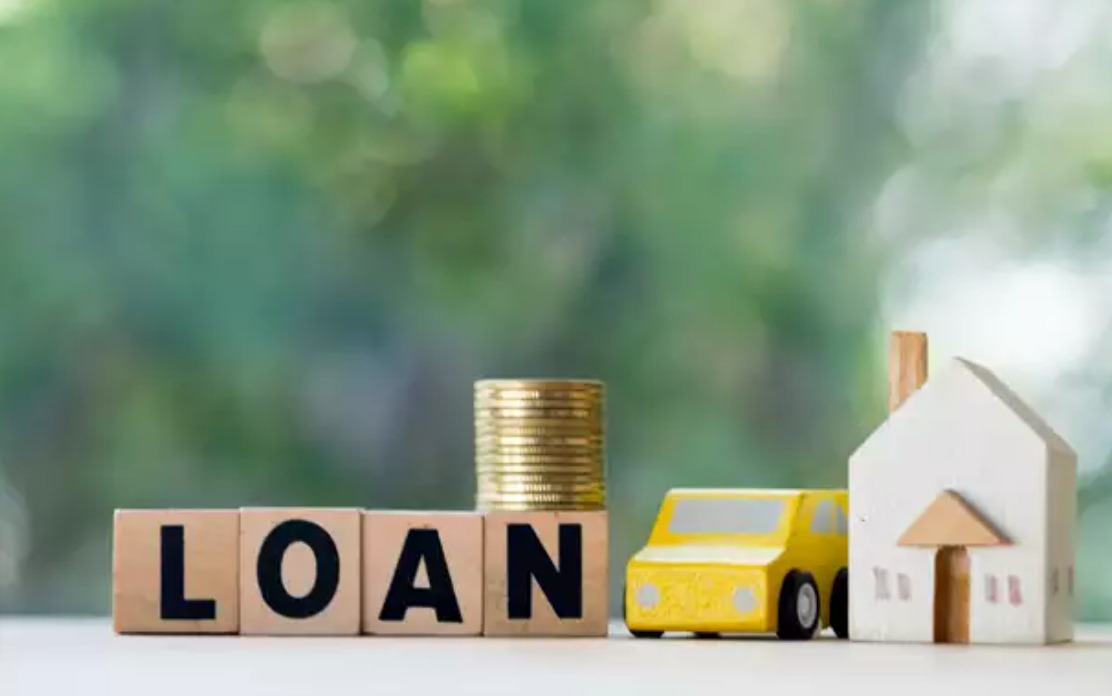Unsecured loans are loans without collateral such as a house, car, or stock. They can be used to back up the loan or be repaid by the lender in the event of default. These loans are only available to those who promise to repay the loan according to the terms agreed to. The money is issued after a document, often a loan contract, is signed. These loans are also called signature loans.
Unsecured loans are usually used to cover one-time expenses such as a medical bill, a down payment for a house or an expensive car or taking advantage of a lower rate to pay off high interest debts. Although they can be useful financial tools for the borrower, they can also pose danger. These are some of the pros and disadvantages of unsecured loans you need to be aware of.
1. IOUs
The IOU is perhaps the easiest unsecured loan. This allows the borrower to get funds from a family member or friend. This loan should be signed carefully by the lender. There is usually a reason the borrower is choosing to go to a relative rather than a financial institution. Bad debt is not only bad credit, but bad blood and the possibility of a family breakup.
2. Credit Cards
The most common form of unsecured loan is the credit card debt, which consumers accumulate each year in excess of $1 trillion. Although you may not consider a credit card transaction a loan, it is. A credit card transaction is when you purchase an item. You sign a contract promising to repay it. The merchant is paid by the credit card company for the purchase. However, you have to pay the card company according the terms and conditions that you signed when you received the card. If your credit score has declined, the card company may increase the interest rate that you pay, sometimes up to 30%. This practice has been banned by a newly passed law.
3. Credit Unions and Banks
While some banks offer signature loans, they are less likely to offer personal lines of credit. Your creditworthiness will determine how much and what interest rate you can get. Credit unions usually offer lower interest rates on unsecured loans, and you should have good credit to get the loan.
4. Astronomical interest rates
Lending institutions claim that there is no collateral to guarantee a loan, which means that there is greater risk. This justifies a higher interest rate. You could pay as high as 400% APR if you have poor credit. Because the loans are typically so small (less that $1000), consumers don’t see it this way. All they care about is the monthly payment. A $250 loan for two weeks would require $234 to pay back. While $34 may not seem like much to consumers who need cash immediately, it is a significant profit for lenders.
5. Unsecured loans may be discharged through bankruptcy
Your unsecured loans that are not paid will likely be completely discharged if you file bankruptcy. They have the lowest rights to assets and have the most to creditors. Any loan secured by collateral, such as an auto loan or mortgage, is treated differently.
6. Fair Debt Collection Practices Act applies to consumer loans that are not secured
The FDCPA covers unsecure consumer loans such as credit cards. Consumers are offered protection against collection agency behavior should the loan default. Collectors cannot harass you, call your workplace, or threaten to sue you if they don’t intend to sue. There are many other restrictions. Collectors can be sued under the law if they violate it. The consumer can also receive up to $1000 plus attorney fees.
7. Know your numbers
Lenders will want to review your credit history and FICO score before considering your application for unsecured loans. Unsecured loans are only supported by your promise to repay them back. A higher credit score and a better credit history will help you negotiate a lower interest rate. Federal law permits you to obtain a free copy of your credit report once per year. It is free to download and you can check for accuracy. Before applying for a loan, correct any errors with the reporting agency. A loan that is less expensive will be granted if you have a better financial record.
Although unsecured loans are not a bad option, it is important to fully understand the terms before signing. When looking for these types of loans, make sure you only deal with a reputable lender. You could be spending thousands of dollars if you choose the wrong lender.
